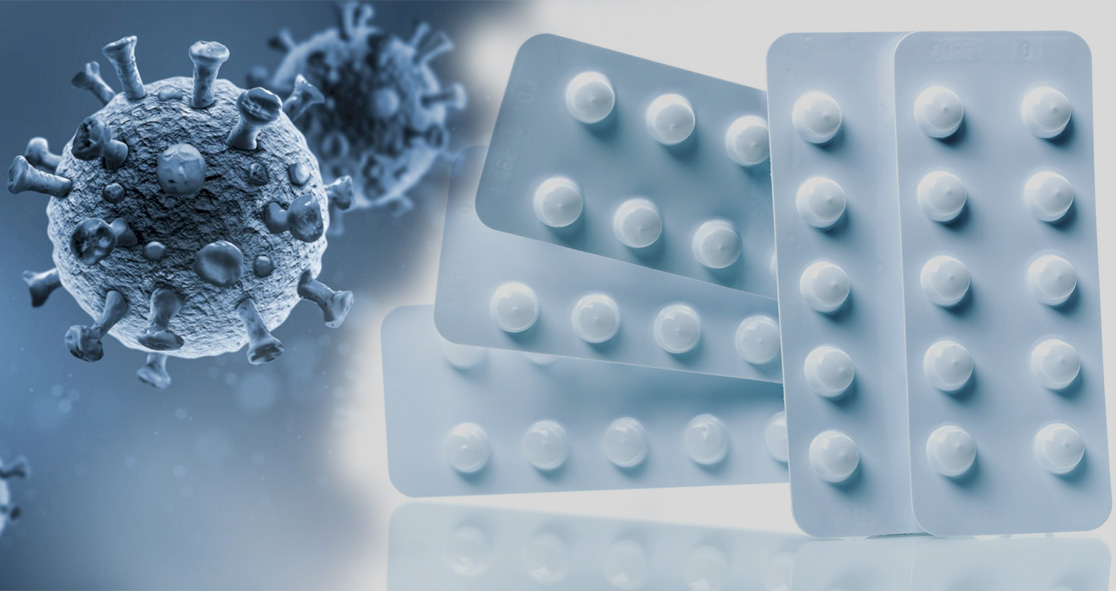Researchers of the ColCORONA Phase 3 trial have found that the anti-inflammatory drug colchicine can help prevent COVID hospitalizations and complications in patients newly diagnosed with the infection.
After a month’s therapy, there was a 25% risk reduction in the hospitalizations and a 50% risk reduction in the need for mechanical ventilation. Also, the use of colchicine reduced the risk of death by 44%.
Lead researcher Dr. Jean-Claude Tardif of Montreal Heart Institute in Quebec, Canada, told Medscape Cardiology, “We believe that this is a medical breakthrough. There’s no approved therapy to prevent complications of COVID-19 in outpatients, to prevent them from reaching the hospital.”
“I know that several countries will be reviewing the data very rapidly and that Greece approved it today,” he added. “So this is providing hope for patients.”
Dr. Steven Nissen of Cleveland Clinic Ohio, was cautious when asked about the findings. “The press release about the trial is vague and lacks details such as hazard ratios, confidence intervals, and P values,” he told Medscape Cardiology.
“It is impossible to evaluate the results of this trial without these details. It is also uncertain how rigorously data were collected,” Dr. Nissen added. “We’ll need to see the manuscript to adequately interpret the results.”
Colchicine, which is commonly used for gout and rheumatic diseases, costs about $6 in the United States and just 26 cents in Canada.
Previously, it has been found that colchicine reduces the time to clinical deterioration and hospital stay; however, it did not reduce the mortality rate, according to a (GRECCO-19) study, which means Greek Study in the Effects of Colchicine in COVID-19 Complications Prevention.
Dr. Tardif said, “We received the results Friday, January 22 at 5 p.m., an hour later we were in meetings with our data safety monitoring board [DSMB], 2 hours later we issued a press release, and a day later we’re submitting a full manuscript to a major scientific journal, so I don’t know if anyone has done this at this speed so we are actually very proud of what we did.”
The ColCORONA trial included 6000 outpatients, who were randomly assigned to receive either colchicine 0.5 mg twice daily for 3 days and then once daily for another 27 days or a placebo.
The drug was well-tolerated and resulted in fewer serious side effects. Most participants had diarrhea, but there was no increase in pneumonia. However, the study researchers said doctors should be cautious when using the drug in patients with severe kidney disease.
“As long as a patient appears to me to be at risk of a complication, I would prescribe it, without a doubt,” Dr. Tardif said. “I can tell you that when we held the meeting with the DSMB Friday evening, I actually put each member on the spot and asked them, ‘If it were you — not even treating a patient, but if you had COVID today, would you take it based on the data you’ve seen?’ and all of the DSMB members said they would.”
“So we’ll have that debate in the public domain when the paper is out,” he added, “but I believe most physicians will use it to treat their patients.” The article was originally published in Medscape Medical News.























